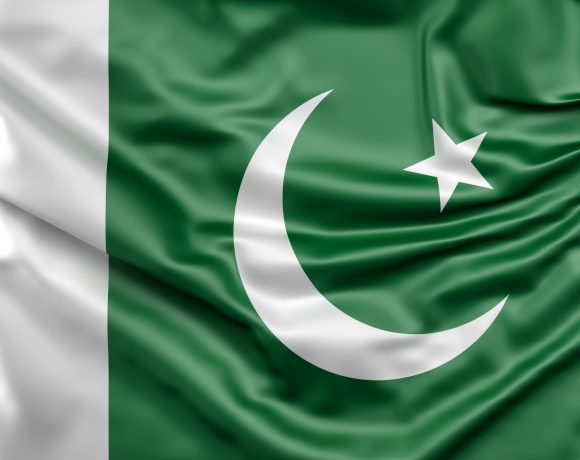
US Reportedly Plans to Resettle 1 Million Gazans in Libya
The United States under the Trump administration is reportedly working on a proposal to resettle up to one million Palestinians from the Gaza Strip into Libya. According to NBC News, high-level discussions have taken place with Libyan leaders, although the plan is still in its preliminary stages.
The proposal includes a substantial financial incentive, wherein Washington would unlock billions of dollars in frozen Libyan funds in exchange for accepting displaced Gazans. If implemented, the plan would represent one of the most dramatic population transfers in recent history.
Critics warn that this initiative, if forced, could amount to mass ethnic displacement, violate international humanitarian norms, and destabilize North Africa further.
Global Backlash and Regional Opposition
The reported plan has triggered widespread condemnation from the international community. Iran’s Supreme Leader Ayatollah Ali Khamenei outright rejected the idea, calling it a non-starter that “will go nowhere.” Malaysia also strongly opposed the relocation plan, reaffirming its support for Palestinian self-determination and condemning any forced resettlement.
Human rights groups and foreign policy experts argue that relocating a million people from a densely populated and politically volatile territory like Gaza to a country suffering from years of civil unrest and institutional collapse is both unethical and logistically unfeasible.
In the United States, the report has sparked internal debate over the morality, legality, and strategic soundness of the plan. Critics within the administration have warned that the move could backfire diplomatically and worsen the humanitarian crisis.
Logistical and Ethical Concerns Over the Proposal
From a logistical standpoint, executing such a large-scale displacement is fraught with challenges. Gaza lacks a functional airport, and its borders are tightly controlled by Israel and Egypt. Transporting one million people under any condition, let alone during wartime, would require extraordinary infrastructure and international cooperation, which is currently lacking.
Further complicating matters, Libya itself remains unstable, governed by competing factions and prone to violence. Placing an already vulnerable population into such an environment could spark new humanitarian disasters.
Human rights watchdogs have raised red flags over what they call the potential “ethnic cleansing” dimensions of the plan. The United Nations has reiterated that any movement of civilians must be voluntary and based on international law, stressing that Gaza’s population has the right to remain on their land and live in peace.
Implications for the Palestinian Question
If pursued, this plan could fundamentally alter the contours of the Israel-Palestine conflict. Displacing a large portion of Gaza’s population would not only diminish prospects for a two-state solution but also set a dangerous precedent for resolving territorial conflicts through forced migration.
Many observers see the proposal as part of a broader strategy to dilute the Palestinian identity and dissolve territorial claims by dispersing populations. The move may be intended to shift international focus away from the core issues of occupation and self-determination, raising serious concerns over its long-term geopolitical consequences.


















